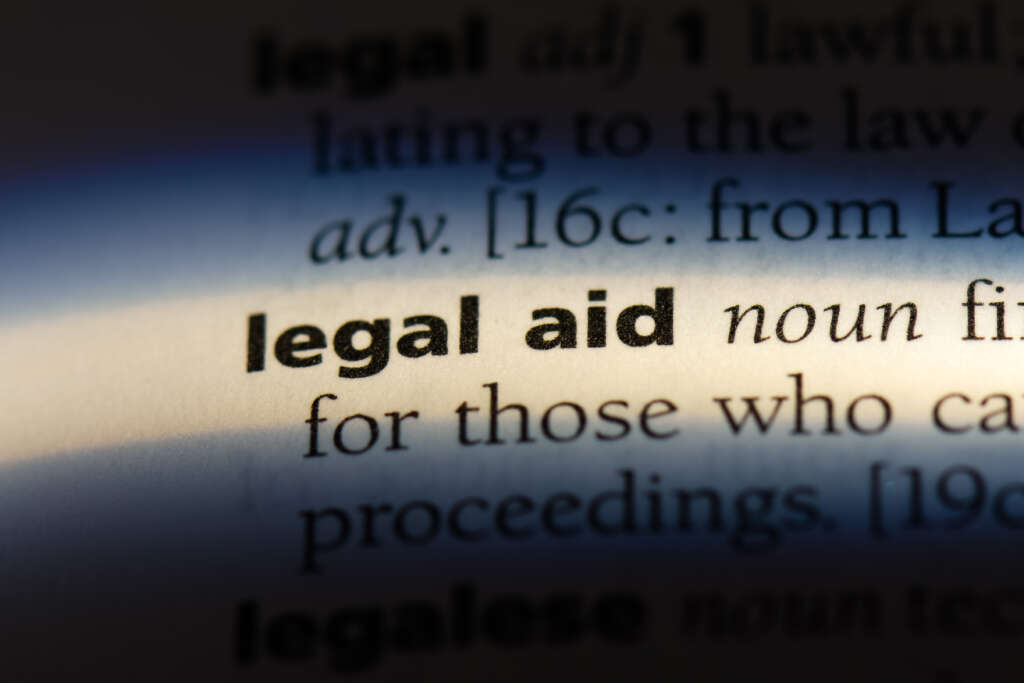Share This Article
Quality legal representation doesn’t have to cost thousands of dollars if you know where to look. Pro bono programs connect qualified clients with experienced attorneys who provide free legal services, often delivering the same level of expertise you’d get from high-priced law firms. Understanding how these programs work can open doors to professional legal help when you need it most.
Understanding Pro Bono vs. Legal Aid
“Pro bono” comes from the Latin phrase “pro bono publico,” meaning “for the public good.” These are services provided by private attorneys who volunteer their time without compensation. Legal aid organizations employ full-time staff attorneys funded by grants and government programs. While both provide free legal services to low-income clients, legal aid isn’t technically “pro bono” since the attorneys are paid employees rather than volunteers.
Pro bono attorneys often bring specialized expertise from their regular practice areas. A corporate lawyer might handle business formation cases pro bono, while a family law specialist could take custody matters. This means you might access premium legal services that would otherwise cost $300-500 per hour.
Income Qualification Standards
Most pro bono programs use Federal Poverty Guidelines to determine eligibility. Standard requirements include:
Primary Qualification: Household income at or below 125% of Federal Poverty Guidelines. For 2025, this means:
- Individual: $18,750 annually ($1,563 monthly)
- Family of two: $25,250 annually ($2,104 monthly)
- Family of four: $38,250 annually ($3,188 monthly)
Extended Qualification: Some programs accept clients up to 200% of poverty guidelines for specialized cases. Programs also evaluate assets; owning substantial property or investments may disqualify you even if your current income meets guidelines.
Where to Find Pro Bono Services
State and Local Bar Associations: Most state bars maintain pro bono referral systems. The American Bar Association’s Pro Bono Directory lists hundreds of programs nationwide. Local bar associations often run specialized clinics for landlord-tenant disputes, family law, and consumer protection.
Online Platforms: ABA Free Legal Answers allows you to submit legal questions online and receive responses from volunteer attorneys. While not full representation, these answers provide valuable guidance for simple legal issues.
Legal Aid Partnerships: Many legal aid offices partner with private attorneys for cases requiring specialized expertise. Contact your local legal aid office through LawHelp.org to explore both staff attorney services and pro bono referrals.
Law School Clinics: Law schools run clinics where supervised students provide free legal services under attorney supervision. These programs handle real cases but may take longer than experienced practitioners.

Types of Cases Handled
High-Priority Areas:
- Housing issues (evictions, landlord disputes)
- Family law (custody, domestic violence, child support)
- Immigration matters (asylum, deportation defense)
- Consumer protection (debt collection defense, bankruptcy)
- Public benefits appeals (Social Security, SNAP, Medicaid)
Specialized Programs:
- Veterans’ legal services (disability benefits, discharge upgrades)
- Elder law (Medicare appeals, estate planning)
- Disability rights (accommodation disputes)
- Small business formation and nonprofit incorporation
Limited Availability: Most pro bono programs don’t handle personal injury or criminal cases.
How to Apply Successfully
Document Your Financial Situation: Gather recent pay stubs, tax returns, bank statements, and documentation of all household income, including unemployment benefits, Social Security, and disability payments.
Prepare a Clear Case Summary: Write a concise description of your legal issue, including key dates, parties involved, and desired outcome. Be specific about deadlines like court dates or response requirements.
Apply Early and Broadly: Pro bono programs often have waiting lists. Apply to multiple programs if appropriate, and start as early as possible. Urgent matters like eviction proceedings may receive priority placement.
Alternative Low-Cost Options
Modest Means Programs: Many bar associations offer reduced-rate services (typically $75-150 per hour) for clients who exceed pro bono income limits but can’t afford full market rates.
Limited Scope Representation: Some attorneys handle specific aspects of your case while you handle other parts yourself. This “unbundled” approach makes legal help more affordable.
Law Student Practice Programs: Advanced law students can represent clients in certain proceedings under attorney supervision, often with more flexible income requirements.
Maximizing Your Success
Apply to Multiple Programs: Different organizations have varying specialties and availability. Cast a wide net by applying to bar association programs, legal aid partnerships, and specialized advocacy organizations.
Highlight Case Merit: Programs often prioritize cases with strong legal merit or significant impact on vulnerable populations. Explain why your case matters beyond your individual situation.
Show Professionalism: Once accepted, treat the relationship professionally. Respond promptly to requests, attend scheduled meetings, and follow your attorney’s advice. Keep organized records of all communications and documents.
Pro bono programs represent the legal profession’s important contribution to access to justice. While competition can be intense, qualified applicants who understand the system and prepare thoroughly can access high-quality legal representation that might otherwise be financially out of reach.
The key lies in starting your search early, applying broadly, and presenting your case clearly. Quality legal help is available when you know how to find it and position yourself as the ideal client for volunteer attorneys making a meaningful difference.



